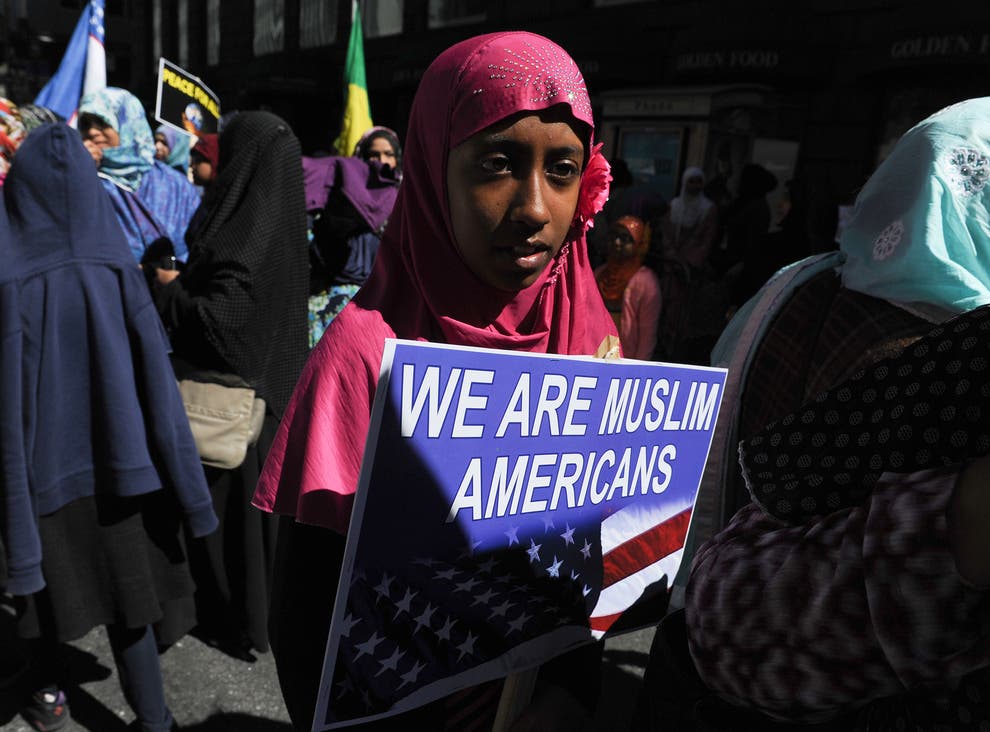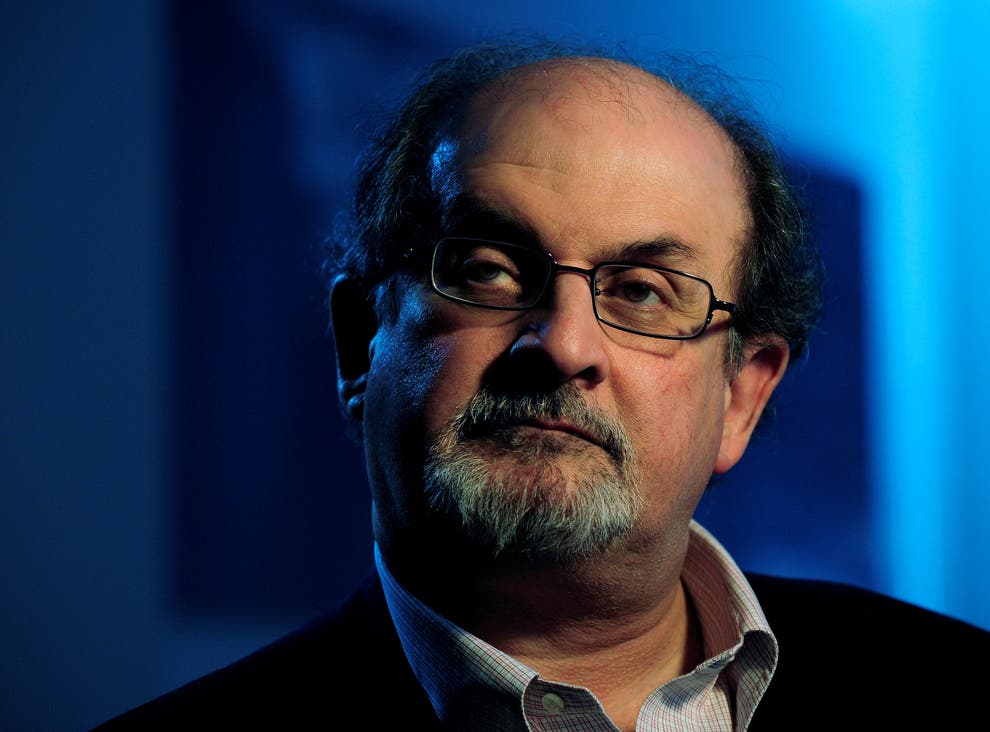FORT HOOD, Texas — A military jury on Wednesday sentenced Maj. Nidal Hasan to death for the 2009 shooting rampage at Fort Hood, handing the Army psychiatrist the ultimate punishment after a trial in which he seemed to be courting martyrdom by making almost no effort to defend himself.
The 13-member panel spent less than two hours deliberating privately, and the president — or forewoman– announced the finding in open court with a clear voice, that Hasan “be put to death.”
The rare military death sentence came nearly four years after the attack that stunned even an Army hardened by more than a decade of constant war. Hasan walked into a medical building where soldiers were getting medical checkups, shouted “Allahu akbar” — Arabic for “God is great!” — and opened fire with a laser-sighted handgun. Thirteen people were killed and 32 others were wounded.
The convicted killer said nothing as the decision was announced, and had appeared emotionless earlier in the morning when dramatic closing arguments in the sentencing phase were held without his participation.
The judge quickly accepted the verdict; the matter now goes to the “convening authority” — an Army general who will review the four-week court-martial proceedings and make the binding decision whether to accept the guilty verdict and capital sentence.
It is a process that could take a few more months, and only then will the verdicts become official.
The convening authority has the option of reducing the sentence to life in prison without parole. The defendant will then have the right to appeal through the military justice system.
Appeals could take years
If swift justice is the goal, history may not be on Hasan’s or the government’s side. The last military execution was in 1961, and only five servicemen face lethal injection. Three are African-American, two are white.
If Nidal Hasan plans to welcome a death sentence as a pathway to martyrdom, the rules of military justice won’t let him go down without a fight — whether he likes it or not. But before an execution date is set, Hasan faces years, if not decades, of appeals. And this time, he won’t be allowed to represent himself.
The mandatory appellate process could take years, even if Hasan voluntarily foregoes many of the procedural steps available to any defense.
John Galligan, a retired Army colonel who was Hasan’s former lead civilian counsel, said he doesn’t believe Hasan is seeking execution, as his appointed standby lawyers at trial have suggested. He has met with Hasan frequently during the trial and said several civilian attorneys — including anti-death penalty activists — have offered to take on his appeal. Galligan estimates the military has already spent more than $6 million on Hasan’s trial. He said that will triple during appeals, which he believes will take longer than Hasan’s remaining life expectancy.






